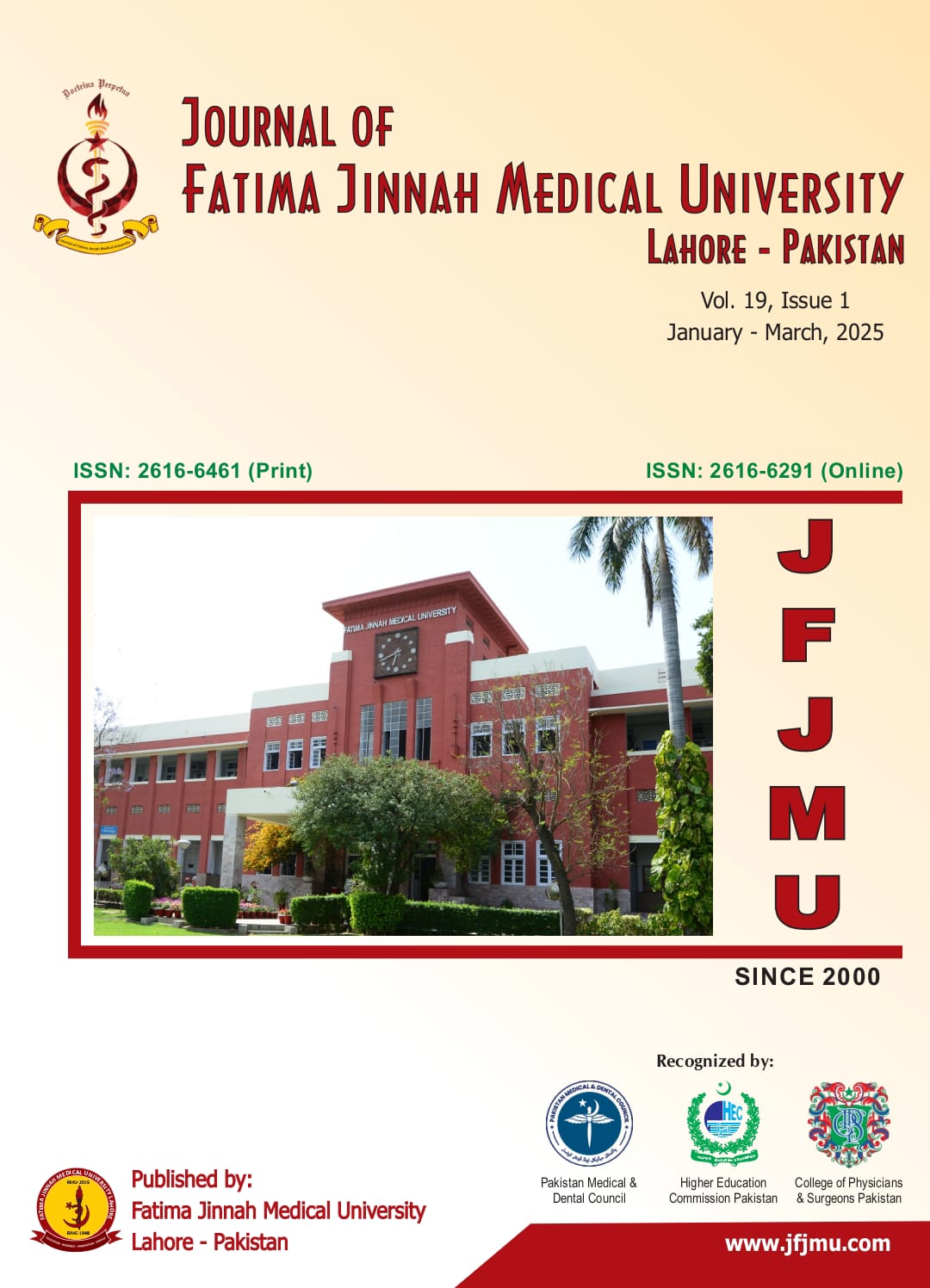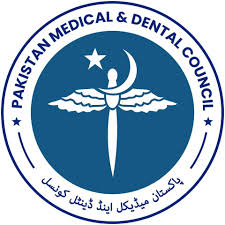Integrated Risk Factors and Self-Reported Non-Communicable Diseases in Lahore: A Cross-Sectional Analysis
DOI:
https://doi.org/10.37018/WSDW6624Keywords:
Hypertension, non-communicable diseases, Physical activity, tobacco useAbstract
Background: Integrated risk factors of non-communicable diseases (NCDs) are those that contribute collectively to the development of a variety of chronic diseases such as cardiovascular diseases, diabetes, cancers, and chronic respiratory diseases. The study aims to determine the prevalence of non-communicable diseases and their integrated risk factors in the adult population of Lahore through a self-reported questionnaire.
Methods: This analytical cross-sectional study was conducted in Lahore from April to September 2023. A sample size of 1833 was included in the study. The eligibility criteria were the general population of Lahore aged above 18 years who could understand English. Participants were accessed via online Google Forms shared by 4th year students as per of their project using convenience sampling. The WHO STEP-wise questionnaire was used for data collection. Data was entered and analyzed by SPSS version 23. Chi-square was applied between any non-communicable disease and sociodemographic data and risk factors. A p-value less than 0.05 was considered statistically significant.
Results: The study of 1833 participants (51.3% males, 48.7% females) found hypertension (29.4%) as the most common self-reported non-communicable disease. Key risk factors included insufficient fruit and vegetable intake (>95%), smoking, and physical inactivity. Non-communicable diseases were significantly associated with age >40, male gender, and lower socioeconomic status (p < 0.05).
Conclusion: Smoking, inadequate fruit and vegetable consumption, high salt intake, and physical inactivity are the most prevalent risk factors of non-communicable diseases in this community. Urgent public health interventions are needed to reduce them, especially in the youth and young adults.

Downloads
Published
How to Cite
Issue
Section
License
The Journal of Fatima Jinnah Medical University follows the Attribution Creative Commons-Non commercial (CC BY-NC) license which allows the users to copy and redistribute the material in any medium or format, remix, transform and build upon the material. The users must give credit to the source and indicate, provide a link to the license, and indicate if changes were made. However, the CC By-NC license restricts the use of material for commercial purposes. For further details about the license please check the Creative Commons website. The editorial board of JFJMU strives hard for the authenticity and accuracy of the material published in the journal. However, findings and statements are views of the authors and do not necessarily represent views of the Editorial Board.

















